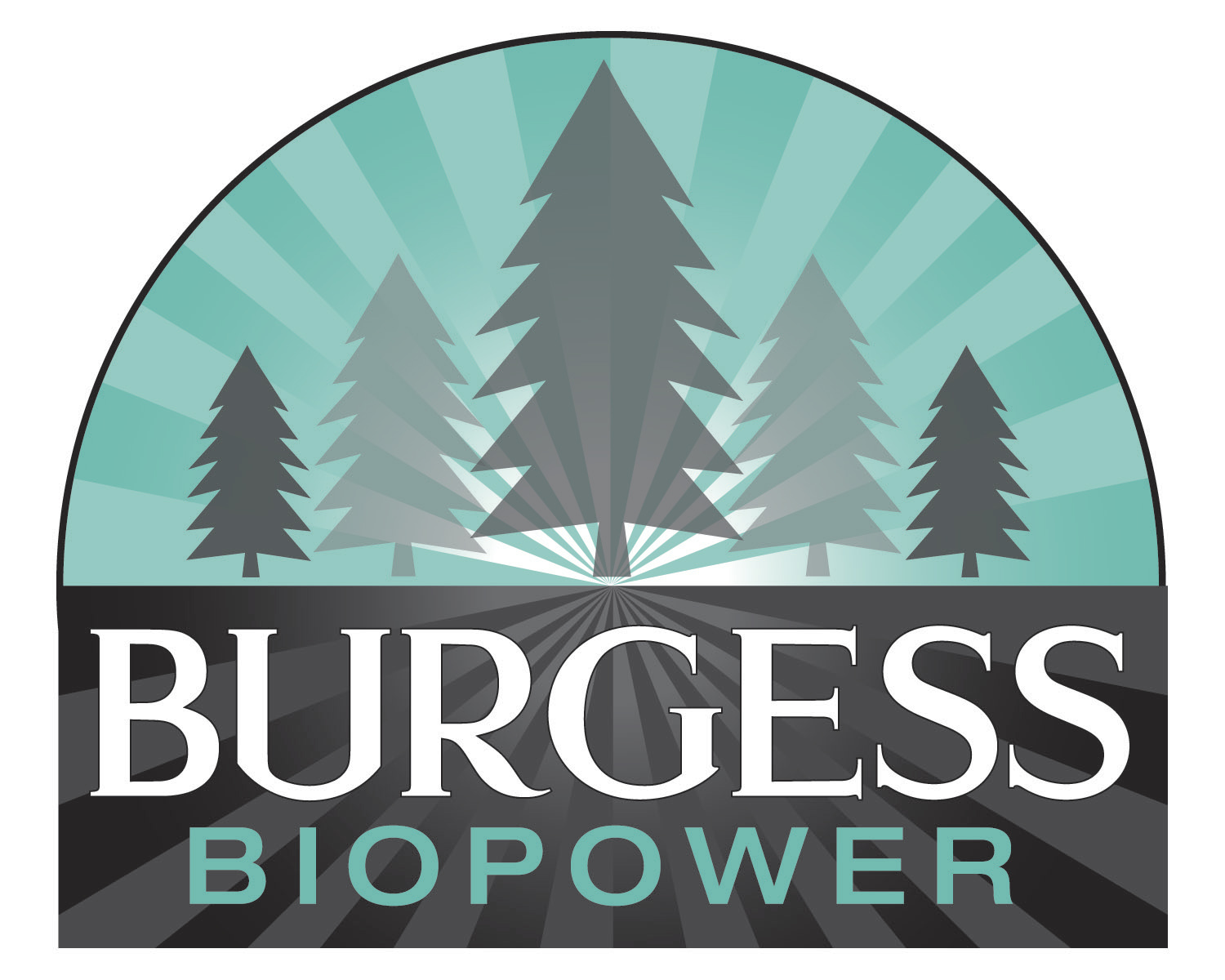Applied Business Strategies Named Burgess Biopower Restructuring Advisor
Burgess Biopower and co-debtor Berlin Station entered Chapter 11 February 9, 2024 armed with a dual-track plan process that would either sell the biopower company’s assets or hand them to its lenders.
The company says it was driven into bankruptcy amid multiple disputes with the sole buyer of its energy. Those disputes are complicated further by arguments over credits and offsets, as well as defaults and the purchase agreement’s termination. The New Hampshire-based company filed in the US Bankruptcy Court for the District of Delaware, where its case will be overseen by Judge Laurie Silverstein.
The company
According to the first day declaration of CRO Dean Vomero, the debtors are renewable energy companies that own a 75-megawatt biomass-fueled power plant in Berlin, New Hampshire. The site spans roughly 62 acres. Berlin Station owns the facility and site, while Burgess leases it and holds the necessary regulatory licenses for operations.
Vomero says the facility “consistently ranks among the most efficient and well-run biomass plants in the country.” Its “capacity factor,” a measure of efficiency, averages over 90% against an industry average of 58.1%. The debtors deliver over 500,000 megawatt hours (MWH) of baseload power to the New England grid annually, and the plant is the fourth largest power generator in the state. That energy output, the declaration says, is enough to power 10% of the total homes in New Hampshire. The facility employs around 28 individuals, provides over 240 jobs “directly or indirectly,” generates USD 70m in economic activity in the state each year, and is the largest buyer of biomass in the state.
Berlin Station’s predecessor acquired the facility’s site in 2008 for roughly USD 100m, at which point it housed a pulp and paper mill that was shuttered in 2006. The debtor converted it between 2011 and 2013. It has done business for a decade with the Public Service Company of New Hampshire, operating under the name Eversource Energy, pursuant to a power purchase agreement (PPA).
Vomero’s declaration paints the PPA as one-sided in Eversource’s favor in multiple ways. One of those is a “cumulative reduction factor,” which generally caused an adjustment to the purchase price of energy that the debtors say went in the buyer’s way every time. Prior to termination, he adds that the PPA contained a right of first refusal and purchase option for Eversource, putting virtually all power in their hands.
The debt
Burgess’ secured debt arises under two primary tranches – senior secured notes and subordinated secured debt. The former has USD 115m outstanding, and the latter USD 30m, approximately. Eversource is the only unsecured creditor listed in Burgess’ initial documents.
The descent
The debtors point first to a dispute with Eversource for its strain, accusing the counterparty of breaching the PPA by improperly withholding USD 3.6m from the debtors, “essentially cutting off nearly all” revenue while continuing to consume power.
Burgess also says it faced other headwinds, such as a legislative moratorium on the PPA’s adjustment provisions expiring at the end of 2023, allowing Eversource to credit over USD 100m against payments for energy delivered this operating year. Given that, the declaration says that without terminating the PPA it would have been essentially giving power away. That moratorium was put in place in December 2018 by the New Hampshire Public Utility Commission to address the building potential adjustment around the time it was reaching a massive offset. While the moratorium prevented Eversource from asserting the credit, it allowed the credit to accumulate, and it hit USD 100m in September 2019. Eversource told Burgess the total as of 8 December 2023 was USD 171.5m, which under the PPA’s calculations allows the buyer to credit USD 5.96m against each monthly invoice.
The disputed USD 3.6m arises from an argument over what fees Eversource can credit against. By refusing to pay that USD 3.6m, Burgess claims Eversource breached the PPA, granting the debtors the right to terminate the agreement.
The Chapter 11
Vomero’s declaration says that the debtors have terminated the PPA, and now seek to sell power via other channels while using Chapter 11 to achieve a restructuring.
Burgess enters Chapter 11 with a restructuring support agreement (RSA) in hand, aiming to provide for ongoing operations and the payment in full of trade creditors, along with preserving jobs. The RSA contemplates a toggle plan which would hand the company over to its secured noteholders if a sale cannot be achieved. Under that plan, unsecured creditors would be paid in full up to a cap of USD 250,000.
The company will fund its Chapter 11 with USD 54m in debtor-in-possession (DIP) financing from its prepetition lenders. That comprises USD 18m in new money, plus a rollup of existing debt, amounting to a 2:1 rollup ratio. USD 4.4m would be unlocked upon interim approval.


